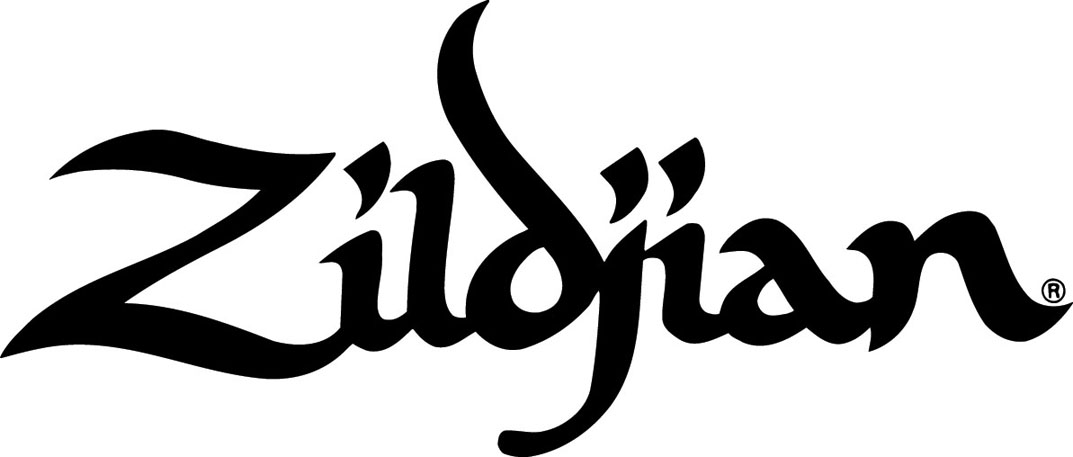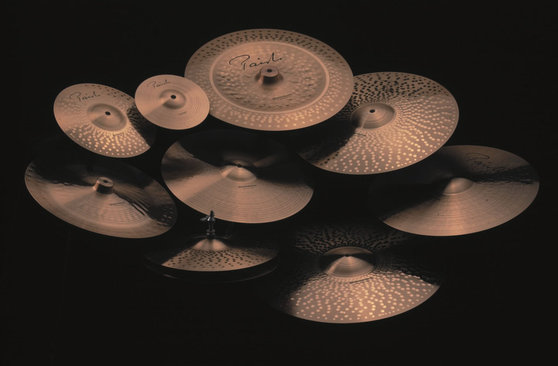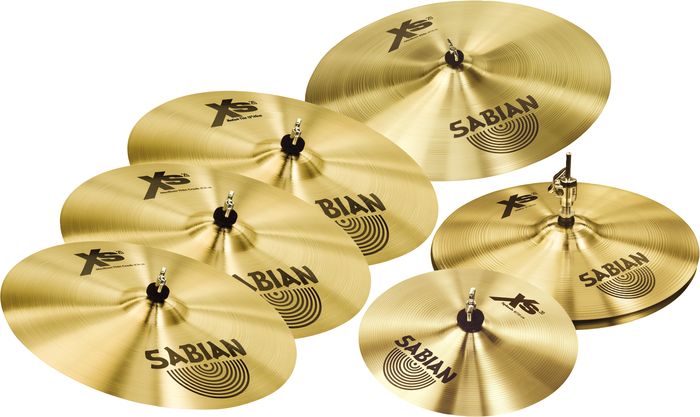Avedis Zildjian
Musikmesse 2011

L’Avedis Zildjian Company venne fondata a Costantinopoli (l’attuale Istanbul) nel 1623 dall’armeno Avedis Zildjian I. Zildjian non era il suo vero cognome e gli venne dato perché esso, in armeno, significa “figlio di fabbricante di piatti”. Nel 1908, un discendente del fondatore della ditta, Avedis Zildjian III, migrò a Boston (Stati Uniti), mentre Kerope Zildjian rimase in Turchia, continuando a fabbricare piatti sotto il nome “K. Zildjian Constantinople”, la quale cambiò il nome in “K. Zildjian Istanbul” dopo che, nel 1923, Costantinopoli cambiò il nome in Istanbul.
Avedis Zildjian
Musikmesse 2011
{youtube}BkxNerpGJDk{/youtube}
L’Avedis Zildjian Company venne fondata a Costantinopoli (l’attuale Istanbul) nel 1623 dall’armeno Avedis Zildjian I. Zildjian non era il suo vero cognome e gli venne dato perché esso, in armeno, significa “figlio di fabbricante di piatti”. Nel 1908, un discendente del fondatore della ditta, Avedis Zildjian III, migrò a Boston (Stati Uniti), mentre Kerope Zildjian rimase in Turchia, continuando a fabbricare piatti sotto il nome “K. Zildjian Constantinople”, la quale cambiò il nome in “K. Zildjian Istanbul” dopo che, nel 1923, Costantinopoli cambiò il nome in Istanbul.
Nel 1926, un altro membro della famiglia Zildjian, Aram, stipulò un accordo di distribuzione dei suoi prodotti in America con la Gretsch. Nel 1928 Aram e Avedis III iniziarono a fabbricare piatti a Quincy, (Massachusetts) e nell’anno successivo fondarono l’attuale “Avedis Zildjian Company”, in concorrenza con la “K. Zildjian Istanbul” della Turchia. Da quel periodo, la Zildjian divenne un marchio prestigioso nel campo della batteria e delle percussioni in generale. L’azienda fu la prima ad introdurre piatti usati per la batteria come ride, crash, splash e hi-hat. Nel jazz divenne un’azienda leader ed ebbe come endorser illustri batteristi come Gene Krupa, Buddy Rich, Louie Bellson, Shelly Manne, Cozy Cole e “Papa” Jo Jones.
Nel 1968, con l’apporto di Robert Zildjian, la “K. Zildjian Istanbul” venne assorbita dalla “Avedis Zildjian Company”. Vista la crescente richiesta dei loro prodotti, nello stesso anno, l’azienda dovette creare un altro indotto ed aprirono la “Azco” a Meductic, New Brunswick, la quale fabbricò piatti a basso costo denominati Zilco. Nel 1979, Avedis III morì ed il figlio Robert Zildjian lasciò l’azienda per conflitti con suo fratello Armand (nel 1981, Robert fonderà la Sabian, altra marca nota di piatti musicali).
Nel 2002, Armand Zildjian morì lasciando alle figlie Craigie e Debbie il controllo degli affari aziendali.

English
Beginnings
The first Zildjian cymbals were created in 1623 by Avedis Zildjian, an alchemist who was looking for a way to turn base metal into gold; he created an alloy combining tin, copper, and silver into a sheet of metal that could make musical sounds without shattering. Avedis was given the name of Zildjian (Zilciyân) by the Sultan Osman II[3] (from the Turkish word zil – cymbal, dji – maker-seller, ian – a common suffix used in Armenian last names which means ‘son of’) and began an industry in 1623, the details of whose main product remained secret for generations. It became family tradition that only the company’s heirs would know the manufacturing process.
The Zildjian Company moved from manufacturing noisemakers to frighten the enemies of the Ottoman Empire to manufacturing its cymbals as musical instruments in the 19th century.
1900s
Around 1928, Avedis III, his brother Puzant, and Aram Zildjian began manufacturing cymbals in Quincy, Massachusetts, and the Avedis Zildjian Co. was formed in 1929, the year the Great Depression began, in competition with the K. Zildjian company in Turkey. Avedis made many innovations in cymbals that are still around today; he was the first to develop drum-set cymbals and gave cymbals names such as ride, crash, splash, and hi-hat. Jazz drummers such as Gene Krupa, Buddy Rich, Louie Bellson, Shelly Manne, Cozy Cole, and Papa Jo Jones all used Avedis Zildjian cymbals.
Avedis III’s son Armand Zildjian, also known as the “Father of Artist Relations,” also began hand-selecting cymbals for all the top drummers. It was his close personal relationships with the top drummers and percussionists of the day on which Zildjian still bases its Artist Relations Department. In 1968, the K. Zildjian Co. and all European trademarks were bought back on behalf of the Avedis Zildjian Co. Also in 1968, Avedis split production into two separate operations, opening the Azco factory in Meductic, New Brunswick, Canada.
From 1968 to 1970, the Azco factory produced Zilco cymbals. There were two types of Zilco: one was a thin rolling produced without any hammering, which cut costs. At about this time in the Azco factory, the modern process for pressing cymbals into shape came about. Before this it was done by bumping with the Quincy drop hammer.
In 1970, Zildjian needed all their production capabilities at Azco for their regular Zildjian line, so the factory in Quincy (the then location of Zildjian) would send up castings to be finished into cymbals at Azco. In 1975, Zildjian began making K. Zildjian cymbals at the Azco plant. This was an interesting time for the Zildjian clan because it was the first time that K. Zildjian Istanbul and the Avedis Zildjian Company had worked together to make the same Zildjian cymbals after years of competing with each other. These were made until 1979.
In early 1977, Armand Zildjian was appointed President of the Avedis Zildjian Company by his father. Soon after, Robert Zildjian split from the company amidst conflict with his brother, Armand. Shortly thereafter, in 1981, Robert started making Sabian cymbals in the Meductic Azco factory.
After taking over in 1981, Armand was awarded a number of honors from his 65-year career.
• In 1988, he received an Honorary Doctorate from Berklee College of Music.
• In 1994, he was inducted into the Percussive Arts Society Hall of Fame.
• He was one of the few manufacturers to be honored at the “Rock Walk” on Sunset Boulevard in Los Angeles.
• In 2002, he was presented with the Modern Drummer Editor’s Achievement Award.
Recent history
In keeping with tradition, Armand passed the Zildjian Secret Alloy to his daughters, Craigie and Debbie (14th generation), both of whom continue to run the family business from the current factory in Norwell, Massachusetts.
Other than cymbals, the Avedis Zildjian Company produces products such as drum sticks and other drum accessories. The Artist Series drum sticks allow these endorsers to personalize their drum sticks, and these sticks are sold to the public.
{jcomments on}


